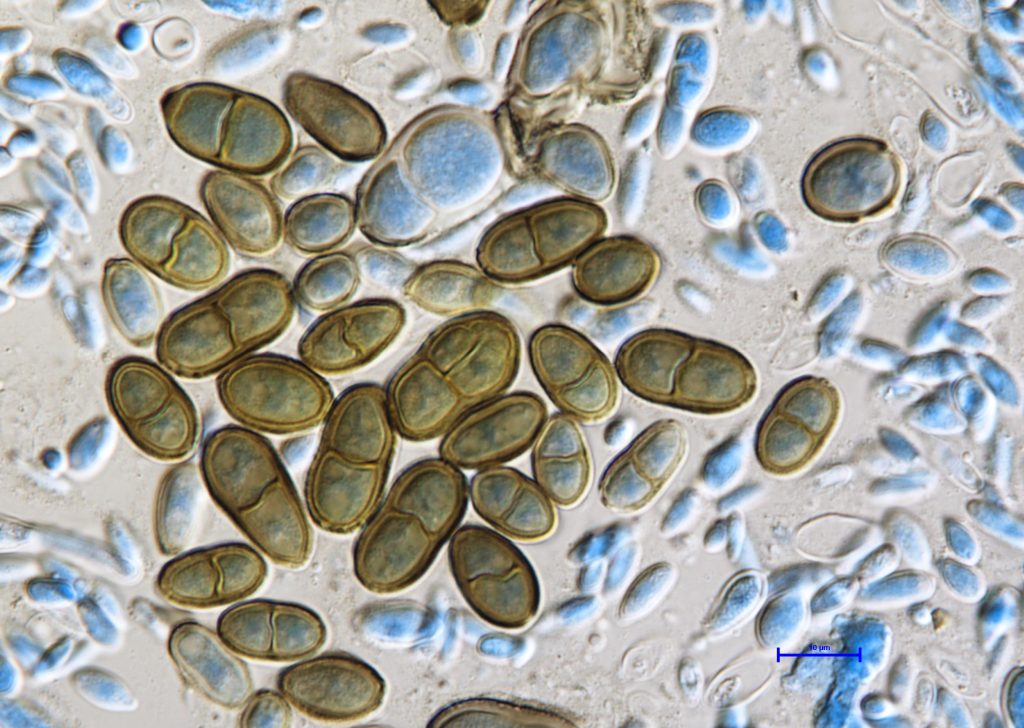
July 26, 2024


By promoting greater use of wood, we can also enhance the Slovenian wood industry and improve conditions for Slovenian retirement homes. The COVID-19 epidemic clearly showed that both are in bad shape.
Slovenian retirement homes were highly affected by the COVID-19 epidemic. Contributing factors included the buildings’ poor spatial arrangements, general lack of space as well as inadequacy and lack of technical infrastructure. The cost inefficiency of the entire care system was further enhanced by the fact that these buildings are dilapidated and energy inefficient.
Many economic sectors have been affected by the COVID-19 epidemic and consequent measures, including Slovenia’s wood industry, which is why the Government of the Republic of Slovenia is trying to revive the economy with numerous initiatives and accelerated infrastructure investment.
InnoRenew CoE experts warn that much-needed investment should be undertaken for preparation of a comprehensive static, energy, infrastructure and health rehabilitation, as well as spatial capacity increase, for the entire retirement home system. In doing so, the institute suggests use of renewable, reusable, natural and low-carbon materials obtained from local sources.
Certainly, the most suitable building material for this type of restoration is wood from sustainably managed forests, of which we have plenty in Slovenia. Wood also enables more flexibility during construction adaptations, and with spatial enlargements, greater retirement home fragmentation can be achieved to make housing units safer and easier when moving ill patients in the event of future epidemics. By using wood in buildings, principles of restorative environmental and ergonomic design (REED) can be implemented to improve the overall health and well-being of elderly citizens.
With such a renovation program, Slovenian woodworkers would gain new knowledge and balanced regional development would get a boost from investment since both the elderly care system and wood industry are regionally dispersed activities. Furthermore, InnoRenew CoE estimates that such a venture for the elderly care system would prepare a suitable market for necessary investments in sawmills, production of cross-laminated timber and wood-based insulation materials, which represent important areas for competitive development in the Slovenian wood industry.
The Government of the Republic of Slovenia now has an ideal opportunity to reduce the effects of the next COVID-19 “waves” (or similar epidemics) through targeted renovation of its retirement homes and invest in the wood industry at the same time to stimulate its economic activity. In doing so, Slovenia would be a step closer to implementing principles of the circular bioeconomy and achieving the new EU energy and climate package’s commitments.